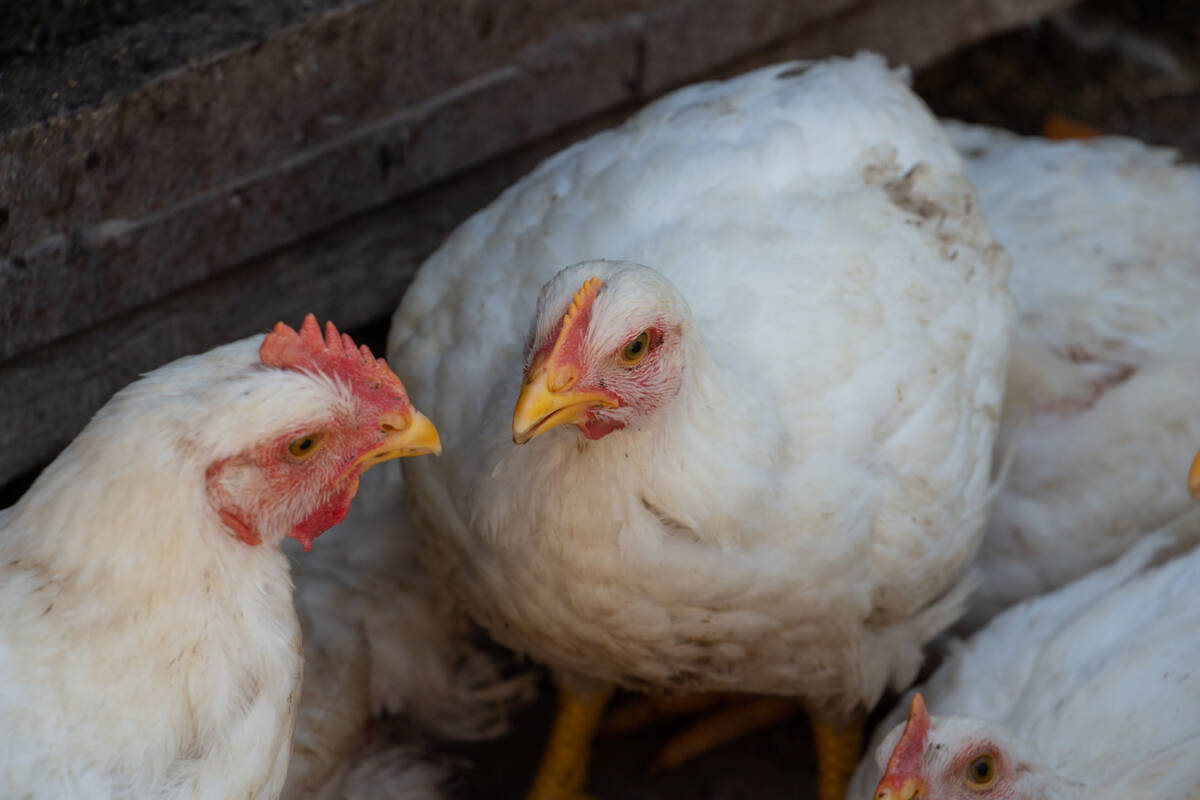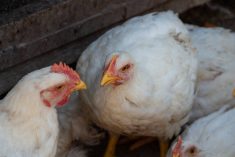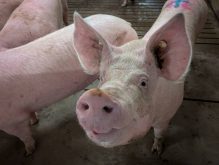Feeder cattle prices in Western Canada were $2 to $4 lower with heavier replacement cattle bearing the brunt of the decline. Alberta fed steers dipped to $97 on Friday, down nearly $3/cwt from a week earlier, which kept tempered buying enthusiasm.
Adverse pen conditions have resulted in lower rates of gain and with the weak slaughter market, the demand just isn’t available. Steers weighing just over 600 pounds brought back $140/cwt in central Alberta but this was the best value all week. In Feedlot Alley in southern Alberta, steers in the 500- to 600-pound category basically traded in the range of $130-$142/cwt.
Read Also

Chicken, eggs benefit from demand for economical protein
Strong demand for protein and status as an economical alternative to beef bodes well for chicken and egg demand in 2026 according to recent analysis from Farm Credit Canada.
Some cattle producers in eastern Saskatchewan and southern Manitoba are shipping cattle to finishing lots in central Alberta. Excessive moisture has made it near impossible to operate in these regions. Nature’s effect on the market has added to the negative sentiment, with producers struggling with higher death-loss rates.
Barley prices are now ratcheting higher, reaching $212 in southern Alberta, up $10 per tonne from two weeks ago. Approximately 10-15 per cent of the Canadian barley crop may not get seeded, which will keep 2011-12 stocks historically tight. This barley market could jump $20-$30 per tonne quite quickly now that traders are coming to terms with lower production estimates.
U.S. unemployment inched up to 9.1 per cent in May and manufacturing, a key driver of the economy, grew at its slowest pace in 20 months. The thought of a secondary pullback recession is not pleasant but certain companies are bracing for a very slow third quarter. This won’t be good for consumer confidence and restaurant traffic. There is significant downside risk in U.S. retail beef prices, which will result in lower fed values and softer feeder cattle prices.
— Jerry Klassen is a commodity market analyst in Winnipeg and maintains an interest in the family feedlot in southern Alberta. He writes an in-depth biweekly commentary, Canadian Feedlot and Cattle Market Analysis, for feedlot operators in Canada. He can be reached by email at [email protected] or at 204-287-8268 for questions or comments.















